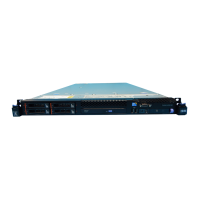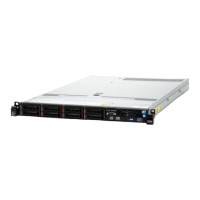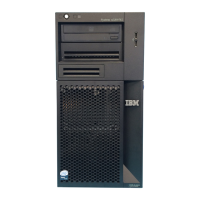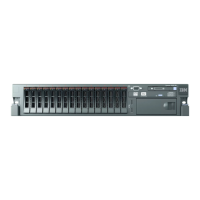WebSphere and e-business 585
WebSphere and e-business
Multipayment Framework (MPF), the ability to add new payment methods (cassettes) to the
system. The ability to host a payment service for multiple remote merchants is also provided.
Every business needs to receive payment for their goods or services. Individual merchants
benefit from a browser-based GUI for remotely managing payments and remote product
administration functions. They have the ability to select specific payment types (cassettes)
from all cassettes made available by a Payment Manager administrator. The merchant can
also search, with parameters and criteria, for customer transaction and batch data history.
There are role-based access controls for granting privilege levels to merchant's employees.
The merchant can also enable and disable event notification service.
Payment Service Providers
A hosting service, or Payment Service Provider (PSP), is ideal for any business with low
payment transaction volumes. PSP customers are typically:
• Companies that do not want to manage onsite software and hardware
• Merchants needing a service to handle the complexity of clearing payments with credit
card associations, such as Visa, MasterCard, and Europay
• Businesses new to e-commerce, or that have low payment transaction volumes,
browser-based, familiar cash register user interface
Becoming a Payment Service Provider (PSP) is a natural extension for financial institutions
that process credit card transactions for retail stores, mail or telephone order companies, or
small Internet-based businesses. This allows the retention of and increase in the financial
institution’s customer base. Payment services can be outsourced to a third-party such as a
business partner. Some Internet Service Providers (ISPs) add payment services to their
business customer offerings. PSPs are positioned to help secure and develop merchant
relationships. They increase profitability by collecting revenue from an increasing volume of
transaction fees and through value-add services.
A PSP that uses WebSphere Payment Manager values the ease of adding, modifying,
removing, and provisioning remote merchants, including the ability to deploy separate and
multiple instances of Payment Manager to support multiple merchants. Also valuable is the
Multipayment Framework (MPF), which offers the ability to add new payment methods to the
system and deploy for merchant use. Dynamic configuration updating without system
disruptions is also supported to reduce downtime. A browser-based GUI is provided to
securely manage multiple merchants with individual business data privacy, protection, and
integrity. A basic network management support, certified Tivoli ready, is provided. There is a
multilevel trace capability to enhance serviceability.
Suggested Reading
Consult
http://www.software.ibm.com and http://www.redbooks.ibm.com for further information.
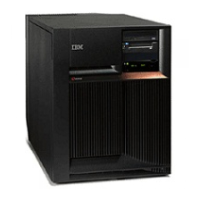
